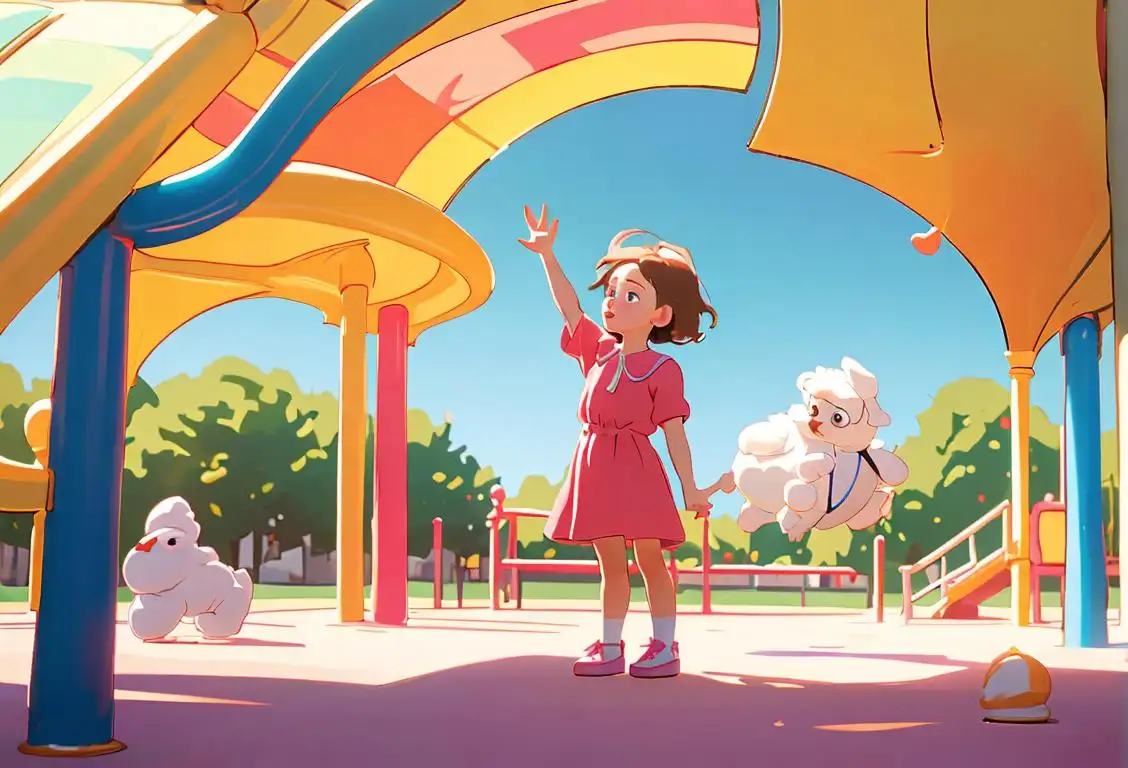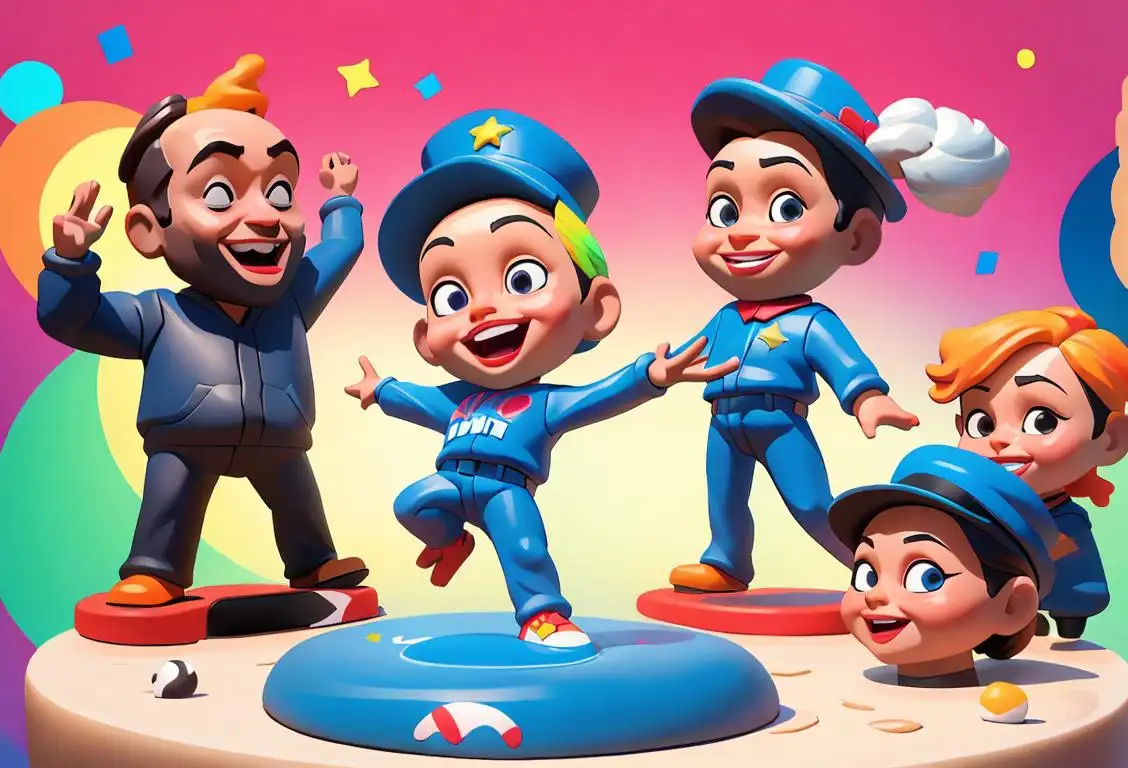National Play Day

Ever had one of those days where you just want to put your work aside, ignore all your responsibilities, and just...play? Well, you're in luck! There's an actual national day devoted to just that, and it's aptly named 'National Play Day'. Let's dive in and explore the joyous internet history of this frolicsome day!
When is Play Day?
It's national play day on the 5th August.
History of National Play Day
Welcome to the realm of National Play Day, a day that perfectly encapsulates the saying 'all work and no play makes Jack a dull boy'. National Play Day came into existence to remind us that no matter how old we get, it's important to remember the joy of pure, unadulterated play.
Records in our database show a massive surge of mentions for National Play Day on the internet in 2015. August 5th, 2015 emerged as the day of peak popularity, pushing it to fame with an impressive count of 3547 online mentions. Since then, with each passing year, it's maintained its status as a much-loved national day.
How to Celebrate?
Ditch your busy routine for a day and engage in activities you love! Throw a frisbee, swing a racket, roll a bowling ball, or simply build a sandcastle! National Play Day encourages involvement in any activity that tickles your fancy.
Why is it Important?
Play isn't just about fun and games. It's about liberating yourself from the constant rigors of life and letting your inner child run wild. This day reminds us to take a breather, soak in the moment, and pour ourselves into something we love. So go ahead, pull out those board games or dust off that old guitar. After all, it's National Play Day!
History behind the term 'Play'
c. 1300
The birth of 'play'
The term 'play' originates from the Middle English word 'pleien' which means 'to exercise or frolic'. It first appeared in the English language around the 14th century.
16th century
Theatrical plays emerge
During the 16th century, 'play' started to specifically refer to dramatic performances held in theaters. The emergence of theatrical plays marked a significant shift in how 'play' was understood, as it became associated with scripted performances for entertainment purposes.
19th century
Playgrounds for children
In the 19th century, the term 'play' expanded to include designated spaces called 'playgrounds' where children could engage in recreational activities. This development was influenced by the growing awareness of the importance of play in child development and the rise of urbanization where open spaces for play became scarce.
20th century
Play as a vehicle for psychological exploration
In the early 20th century, the concept of play took on new significance in the field of psychology. Renowned Swiss psychologist Jean Piaget recognized play as a crucial method for children to explore and understand the world around them. He emphasized the role of play in cognitive and emotional development.
Late 20th century
The rise of video games and digital play
With the advent of technology, the definition of play expanded further in the late 20th century. Video games and digital play introduced a new form of interactive entertainment, blurring the boundaries between reality and virtual experiences. This evolution transformed the way people engage in play and opened up new avenues for creativity and social interaction.
Did you know?
Did you know, there's a Global School Play Day held in February, which celebrates the importance of unstructured play in schools. Expand your playground with National Play Day and keep the spirit of playfulness alive!Tagged
awareness fun loved ones rememberance sportsFirst identified
25th June 2015Most mentioned on
5th August 2015Total mentions
3547Other days
Reach As High As You Can Day
Action Day
Opposite Day
Disability Day
Memorial Day
Bobblehead Day
Happiness Day
Cancer Survivors Day
Trivia Day
One Day









